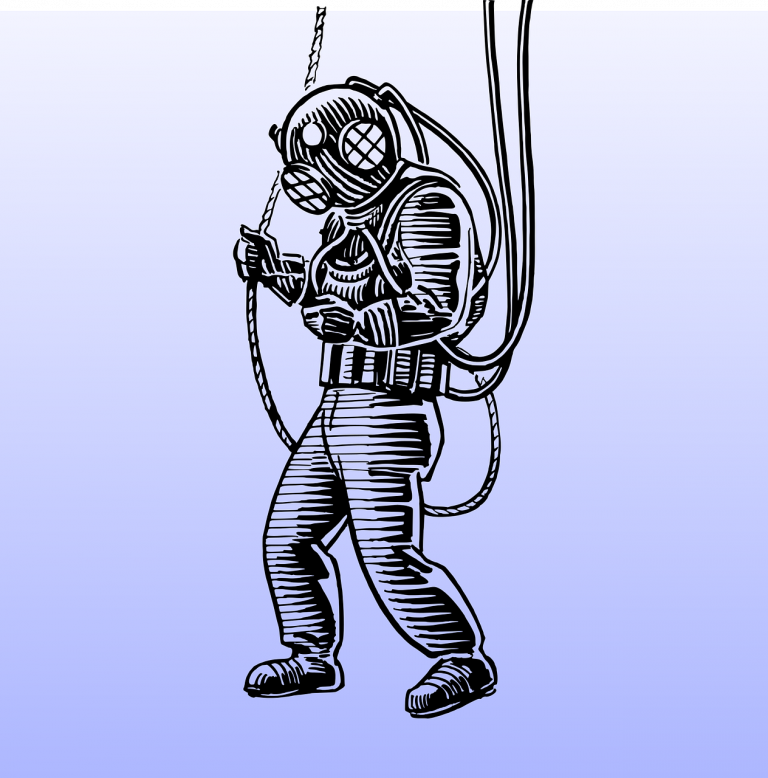Blog post: Diving headfirst into applying Behaviour Change Science at work
20 October 2020
Ollie and Rachel completed the Behaviour Change MSc in 2018/19 and have since joined a social enterprise specialising in Digital Health. In their roles they apply their learnings to make a positive impact on health and wellbeing outcomes for patients with inflammatory conditions

Psychology is a very broad subject, and it is very hard to know where to turn once you have finished undergraduate training. The MSc Behaviour Change stood out for both of us as an exciting new area where we could expand our psychological training and learn how to design, implement and evaluate real-world interventions.
Behaviour change is a relatively new science but is also something that we all experience in our day-to-day lives—whether someone wants to improve their fitness, reduce littering in a local community, or increase uptake of immunisations nationally. This diversity in the MSc’s application was inspiring to us. By learning about the fundamental value of theories, models and frameworks of behaviour change, we were about to be equipped with the tools to make a valuable and positive impact on the world.
Upon joining the course, we were greeted by the outstanding Centre for Behaviour Change (CBC) Team and an impressive cohort of students. For us, the academic experience of the MSc wildly overtook our experience of undergraduate learning, with stimulating and engaging discussions occurring just about every time we stepped into our classes. It was very inspiring to be surrounded by others who were passionate about utilising behaviour change in a variety of settings, and this helped to support our transition into confident young professionals.
As the year was drawing to an close,, the excitement built around where we all would go next to begin to apply our behaviour change skills ‘in the real world’. The course staff were helpful to share our profiles via the CBC newsletters, and soon enough, we began to notice the growing demand for behaviour change expertise in different industries.
By chance, we were both contacted by a digital health company, Ampersand Health, who were exploring new ways to improve the lives of people living with inflammatory conditions. Upon initial meetings with the small start-up, we were impressed by their receptiveness and interest in our expertise (e.g. in the application of behaviour change frameworks such as the Behaviour Change Wheel (BCW)), and this led to us joining the team.
The experience at Ampersand Health presented us with the opportunity to create behaviour change interventions via an app using the BCW. It has been a massive learning curve, but the frameworks and methods that we learned during our MSc really helped guide us in the early stages of finding our feet.
The key principles of behaviour change theory and practice that the course emphasises are now integral to our company's philosophy and the patients using our app are benefiting from systematically designed behaviour change interventions. In particular, we are proud of the ongoing evolution of our own unique approach, working in an interdisciplinary manner alongside our development team and Design and UX Lead, to present Behaviour Change Techniques (BCTs) in creative and engaging ways.
It is fair to say that the MSc has directly led us to our current roles as Behavioural Scientists and that we would not be able to make the impact that we are without the learnings from the course. We would like to say a massive thank you to the team at CBC that coordinate and run the course. Finally, if you are intrigued to join the MSc, go for it! The academic experience is something that will shape your career and the impact you can have on the world.
 Close
Close

